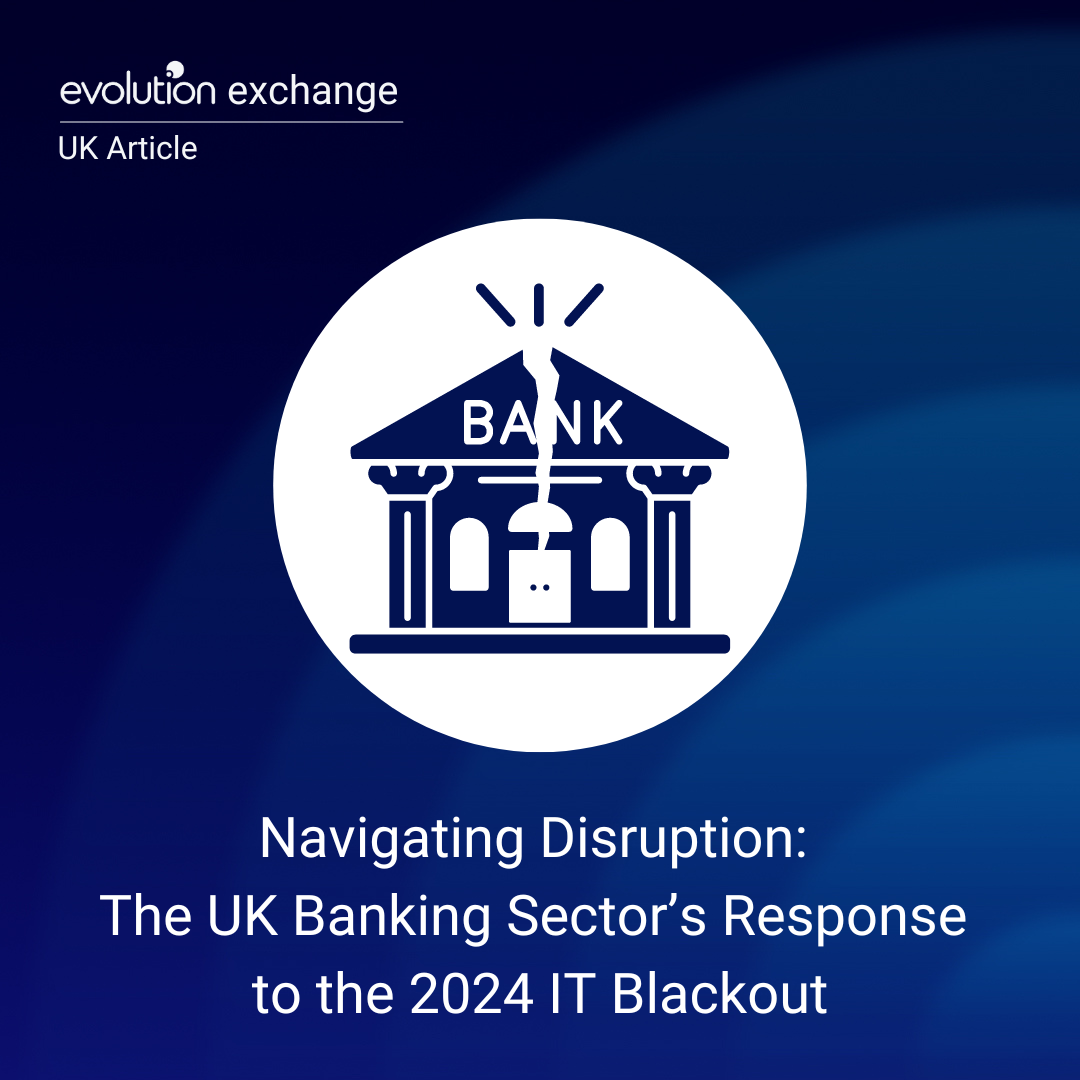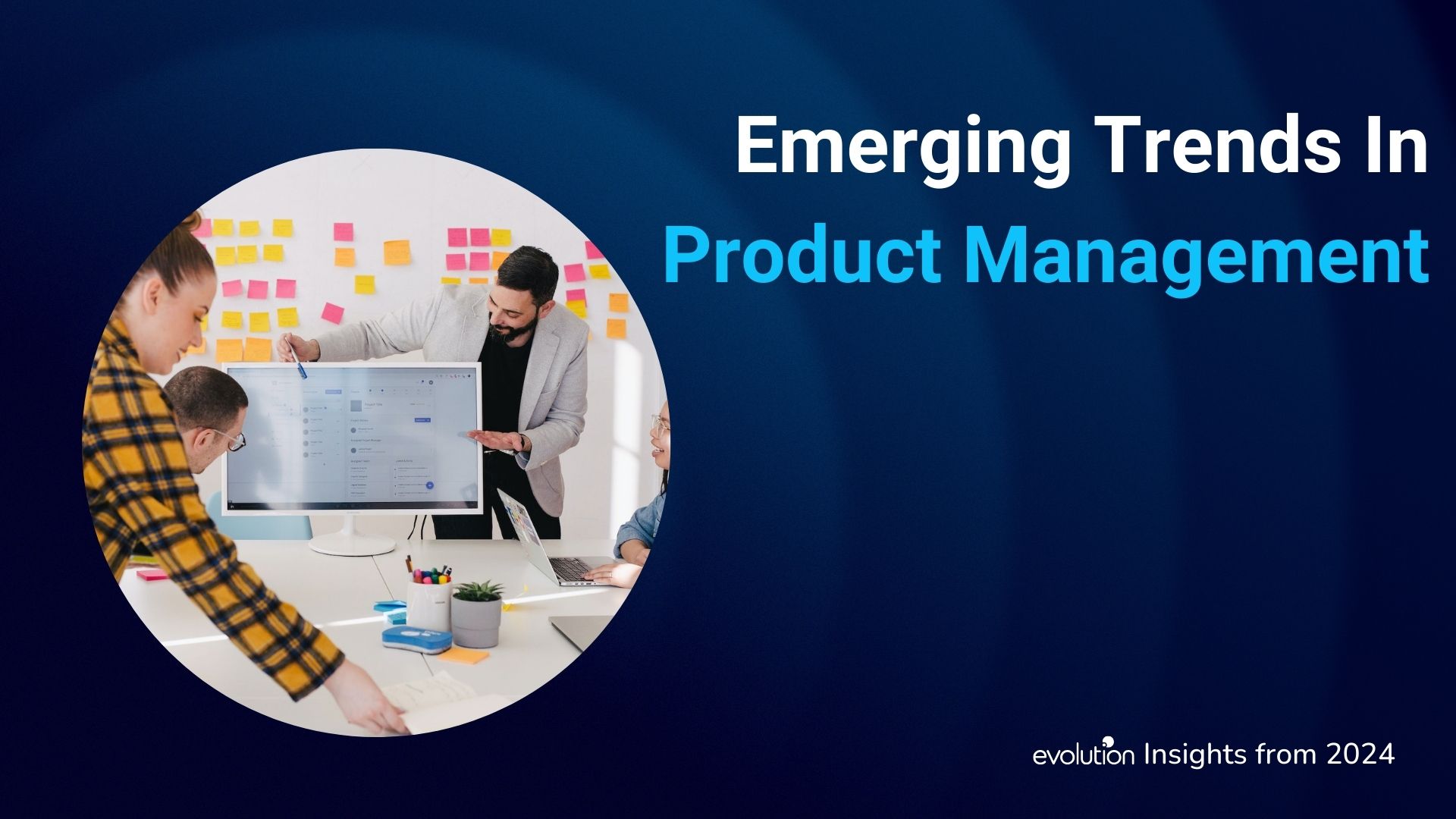From Air Traffic Controller to Tech Leader
Andy Haywood’s career has been defined by continual growth, adaptability, and a drive to make a positive impact. Initially serving for 12 years in the Royal Navy as an air traffic controller. Landing jets on aircraft carriers and managing airfield operations taught Andy leadership skills and the importance of clear communication under pressure.
As he looked ahead to another extended deployment at sea separating him from family, Andy decided it was time for a career change that could provide more stability at home. “I started to look at the NHS side of things and joined what I thought was the single organisation that held my patient record and could access it from anywhere.”
This decision launched Andy into a career in the NHS technology world, starting at the Health and Social Care Information Centre (now NHS Digital) in 2009. He quickly gained exposure to major programmes like the £784 million Health and Social Care Network, as well as policymaking across NHS England, NHS Improvement, and the Care Quality Commission.
Wanting to get closer to the frontline operations, he took an assistant director of digital role at Leeds Teaching Hospitals before being recruited for his first leadership position.
Nurturing Talent as an Ally
In early 2020, just weeks before the Covid-19 pandemic erupted, Andy started a new job as the first board-level director of digital services for the Welsh Ambulance Service. It proved to be an immense challenge but also an incredibly rewarding experience.
“It was the first board level exec digital director that they had in Wales at the time,” Andy explained. He helped rapidly deploy technologies like an electronic patient record system and mobile devices for paramedics to support the emergency response during lockdowns.
It was during this time that Andy demonstrated a powerful example of being an ally by prioritising career development for a talented project manager on his team. As he recounted:
“We got organisational membership to the British Computer Society. And as a part of that you get access to the chartered CIO qualification, which is quite expensive to do otherwise…The natural view was that I would do that because I didn’t have it. But given that I was in a fairly senior role at that point, I canvassed and we gave the training to a female member of the team, an amazing project manager but had been kept at that level.”
By elevating the career growth of this individual over pursuing the credential himself, Andy lived out his belief that “if you develop people there is a chance that they may leave but actually you get the best out of them until that point that they do…You don’t foster a culture and environment where people are kept down and don’t move any further.”
Defining Allyship
For Andy, the concept of allyship boils down to “support and creating an environment where equity can flourish…it’s allowing people to be their best.” He acknowledges that as a white male who has often been at leadership tables, he may not fully understand the lived experiences that make allyship such a vital concept.
“I’ve been told about that. I did some reverse mentoring a couple of years ago around minority ethnic treatment within the health service and some of the problems that we may have had. For somebody who thought they were quite progressive, actually half the stuff I’d just not even thought about.”
These experiences opened Andy’s eyes to the challenges and microaggressions that others face which he had never considered, simply due to his own identity and background. It reinforced the need to remain humble and view himself as a continual learner when it comes to allyship.
Calling Out Unacceptable Behaviour
In addition to creating equitable opportunities, Andy believes allyship requires calling out unacceptable behaviour in the moment. He credits his military training with giving him the mindset that “if you’re the most senior person in the room, you’re the most accountable. So if you walk past an incident and you hear something unacceptable and you do nothing about it, then you are liable.”
This has empowered him to call out unacceptable conduct, language or commentary when he witnesses it, even if the affected party isn’t present. As he explains, “You’ve got an internal line that you know about, and you know whether you’re being true to yourself or not by calling it out…the consequences will be the consequences. You might not be liked for it…But you know, you’ve got to set out what you think’s acceptable or you can’t avoid becoming part of the problem.”
However, Andy also recognises the nuance involved, such as addressing insensitive “banter” between colleagues where the intent may not be discriminatory. His approach is to firmly yet respectfully explain why the language or behaviour is unacceptable, which can sometimes lead to understanding and changed behaviour from that point forward. There have also been times he’s had to reflect on missed opportunities to call out inappropriate conduct.
“I think it’s something probably been one or two periods where it’s happened and maybe I haven’t called it out as strongly as I should have done. You know where you maybe got the call wrong and I think that’s part of growing as a leader…you remember those times that you maybe didn’t do it. And remember the regret of not doing it and the next time you hear it, you step in early.”
The Value of Diversity
Looking ahead, Andy encourages others to recognise that true allyship and diversity aren’t just boxes to check off for ethics points – they are powerful enablers of organisational excellence and innovation. In his view, cultivating varied perspectives is essential for solving the complex challenges that modern businesses and institutions face.
“I am from a particular background and I have been taught to think in a particular way because of that…If I’m looking for the best solution to a problem, we need a whole group of us who’ve had different backgrounds. We’re going to look at things differently, particularly things like digital transformation disrupting the status quo. Actually, you want as diverse a range of opinions as possible.”
By being open to different perspectives and backgrounds, Andy believes organisations can identify blind spots and unlock new ideas that homogeneous teams are likely to miss. This allows them to better represent the diversity of the customers, communities, and populations they serve.
“The negative point is huge…making sure people aren’t kept away from opportunities or anything else like that. But actually if you get it right, you’ll perform better than anybody else because you’ll just think of things that other people haven’t thought about.”
Overcoming Imposter Syndrome
One relatable challenge Andy has faced throughout his career transitions is imposter syndrome – that feeling of self-doubt and wondering if you truly belong, despite your accomplishments and credentials. However, he’s learned to view it as a natural part of growth and continual learning rather than a stopping point.
“If you don’t feel it, you’re not pushing yourself. And if you’re not pushing yourself, you’re not going to grow and you’re not going to feel satisfaction with turning up for work every day.”
His advice is to lean into that discomfort, recognising that it signals you are taking on new challenges that will facilitate personal and professional development. As an ally, he also tries to share his own experiences with imposter syndrome to validate those earlier in their careers feeling similarly.
“You particularly want to speak to ones that you know personally, those people that are really good but that you know are kind of hiding their light under a bushel a little bit and aren’t quite pushing themselves as much as they could do.”
By giving voice to what many are feeling, Andy aims to reframe imposter syndrome as motivation to keep evolving rather than a source of embarrassment or limitation.
Practical Advice on Allyship
For those looking to become better allies, Andy emphasises several key points based on his experiences:
- Recognise you aren’t the expert on others’ experiences with marginalisation or prejudice. Remain open to learning from those with different backgrounds, identities, and lived realities. Seek out reverse mentoring opportunities.
- Don’t forget the need for allyship amidst the inevitable busyness of leadership responsibilities. Actively maintain awareness and look for opportunities to promote equity, inclusion, and empowerment.
- Understand that beyond being the ethical path, diversity truly allows organisations to unlock peak innovation and performance by driving creative problem solving through varied perspectives and experiences.
- When you identify areas where the demographic composition, opportunities, or pathways aren’t equitable within your organisation, be transparent about the need for change. Start strategising actions to improve processes and bolster recruiting.
Andy’s sage counsel reflects the powerful impact that allies at any level of an organisation can drive through personal leadership and accountability. By nurturing talent in an equitable manner, calling out unacceptable behaviour, and harnessing the innovative power of diverse teams, leaders like Andy demonstrate how allyship isn’t just the right thing to do – it’s also the path to unlocking an organisation’s full potential.




























